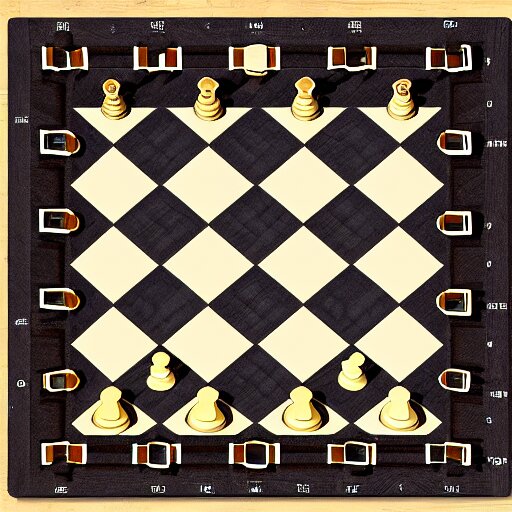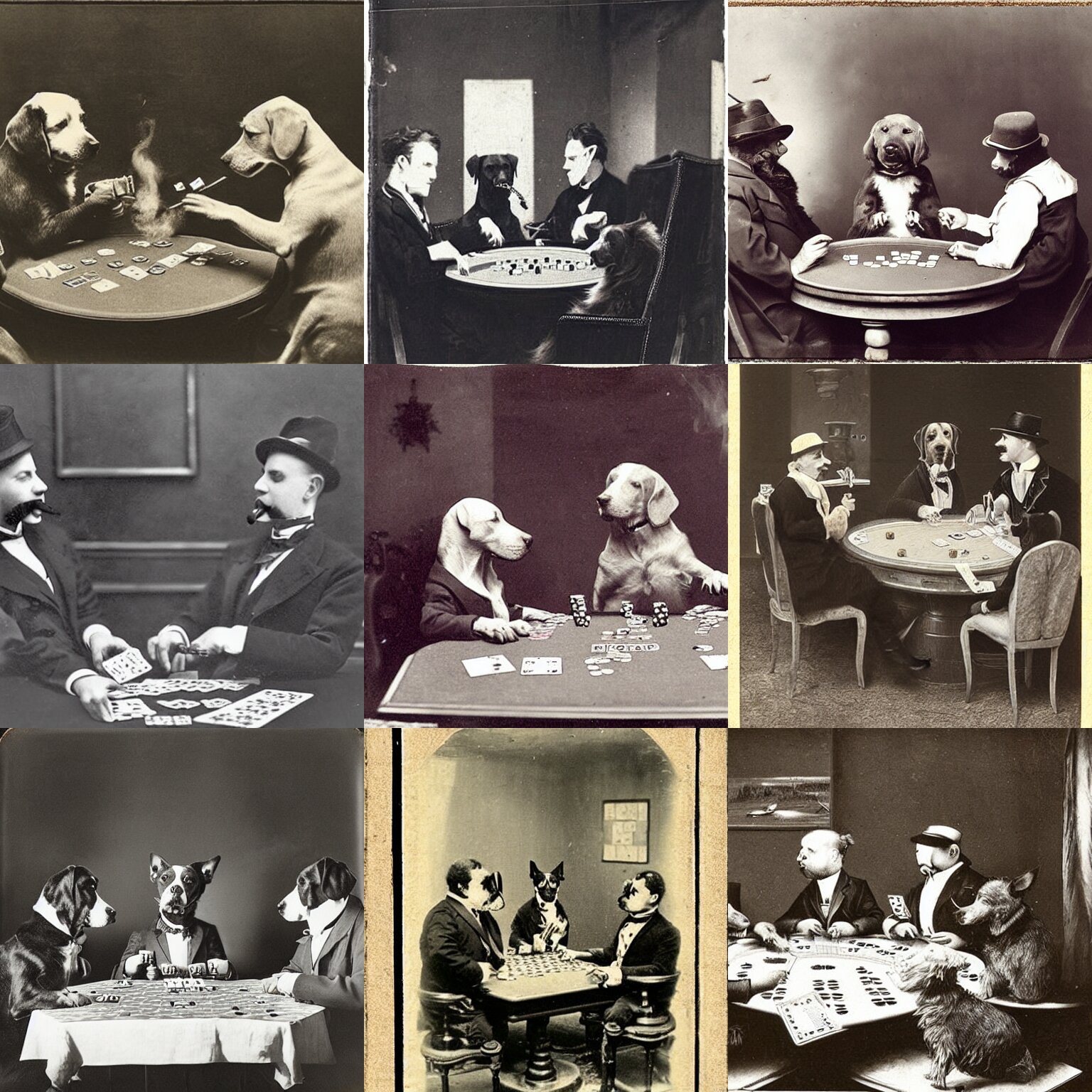#forgetful-tit-for-tat #anchoring-effect #cognitive-bias #poker #strategy #cooperation #negotiation #mental-model
Created at 2023-01-28
# [Anonymous feedback](https://www.admonymous.co/louis030195)
# [[Epistemic status]]
#shower-thought
Last modified date: 2023-01-28
Commit: 0
# Related
- [[Mathematic/Game Theory/Forgetful tit for tat]]
- [[Mathematic/Game Theory/Tit for tat]]
- [[Business/Entrepreneurship/Play long term games with long term people]]
- [[Philosophy/Humans/Conversation coordination]]
- [[Philosophy/Ethic/Skin In The Game]]
# TODO
> [!TODO] TODO
# Anchoring effect in forgetful tit for tat
When playing [[Forgetful tit for tat]] people might try to abuse your strategy by anchoring. Anchoring is a cognitive bias that occurs when people rely too heavily on an initial piece of information offered (the “anchor”) when making decisions. For example, a seller might make an initially high offer for a product, and the buyer will then use the high offer as a starting point for their negotiation.

In Forgetful tit for tat, the anchor could be set when the opponent makes their first move. For example, if the opponent chooses to cooperate in the first round, the Forgetful tit for tat player may anchor on this move and also cooperate in the next round. This could lead to a cooperative pattern of play, if the FFTFT player does not anchor, he will likely be defected by his adversary.

To avoid an anchoring effect, players should be aware of the possibility of anchoring by their opponents and be prepared to break out of the cooperative pattern if necessary. They should also aim to make their first move in a way that does not provide an anchor for their opponent. For example, if the Forgetful tit for tat player chooses to defect in the first move, it will be much harder for their opponent to anchor on this and exploit the strategy.

An analogy in real life can be made to a poker game. If a player is always playing conservatively, they may be providing an anchor for their opponents to exploit. They may be expecting the player to continue playing conservatively and use that as an advantage. To avoid this, the player should mix up their play and not provide an anchor for their opponents.